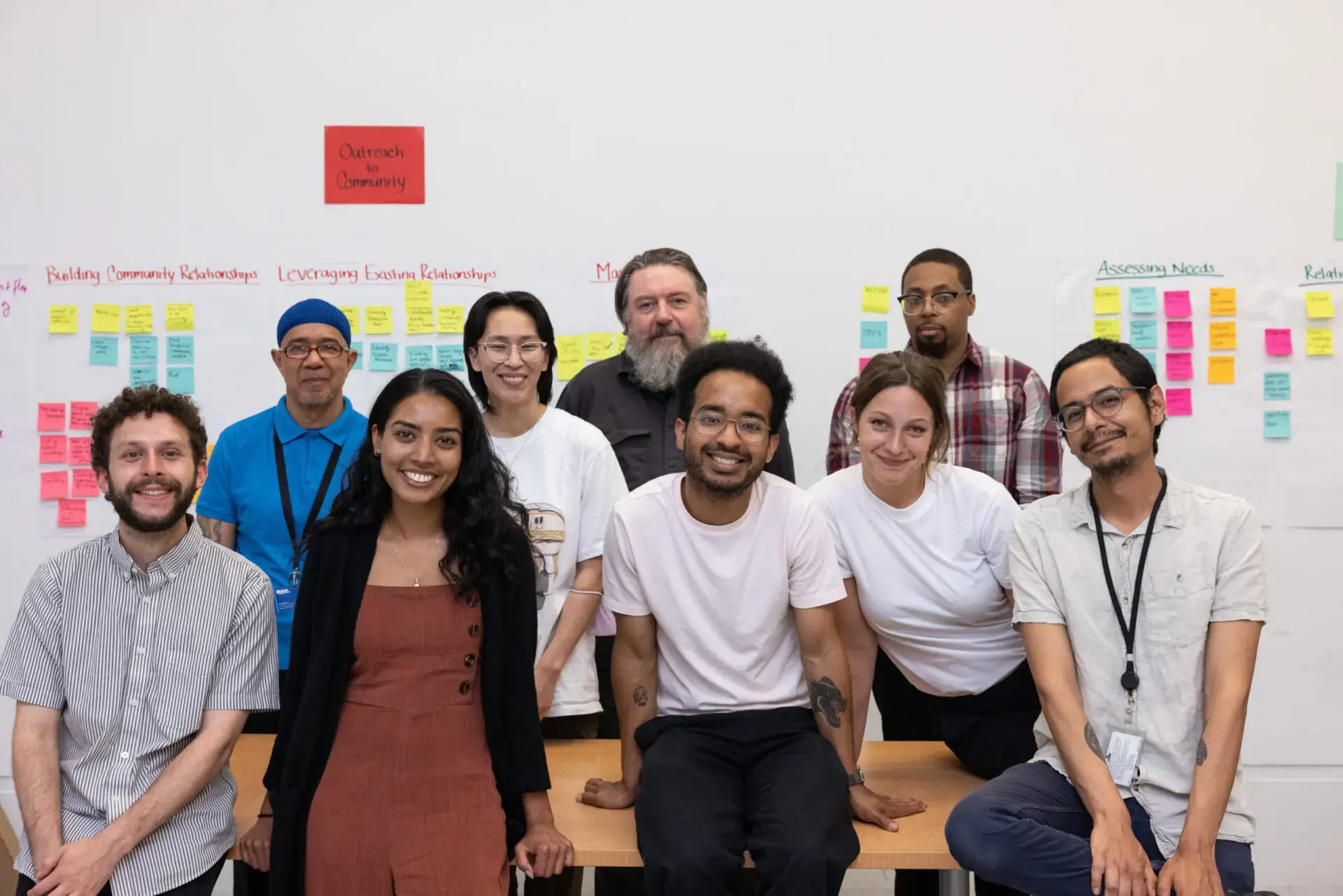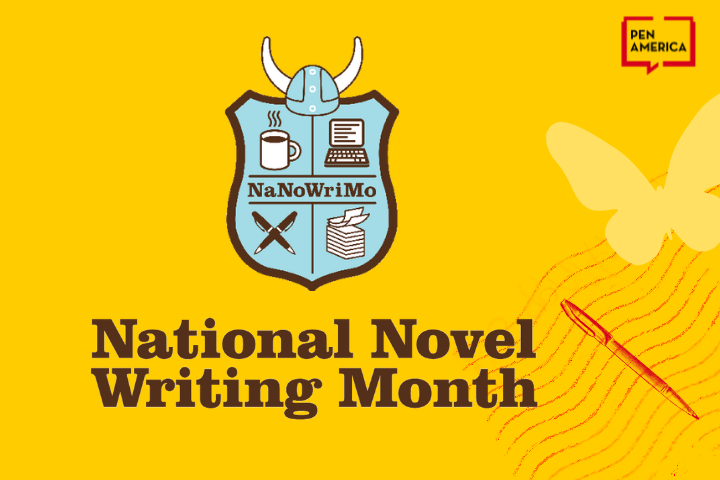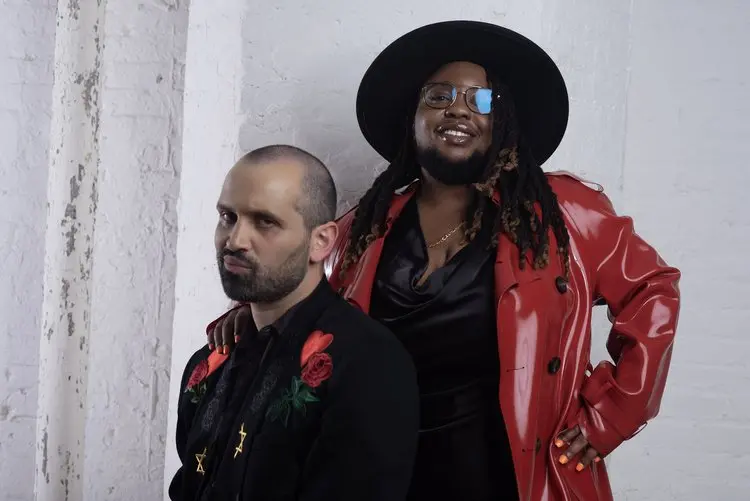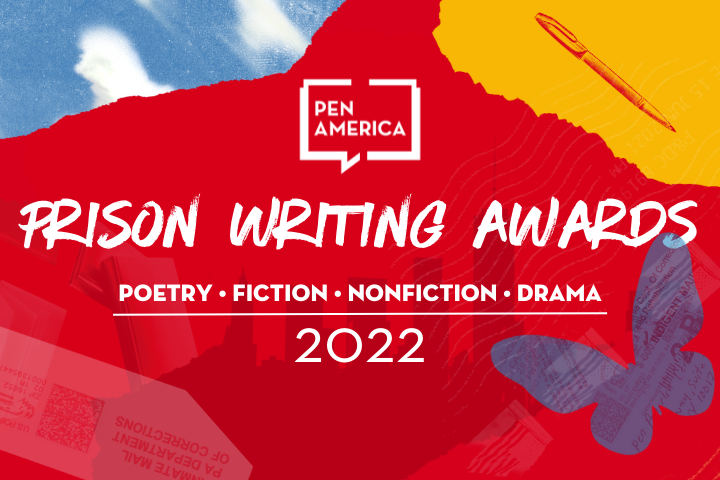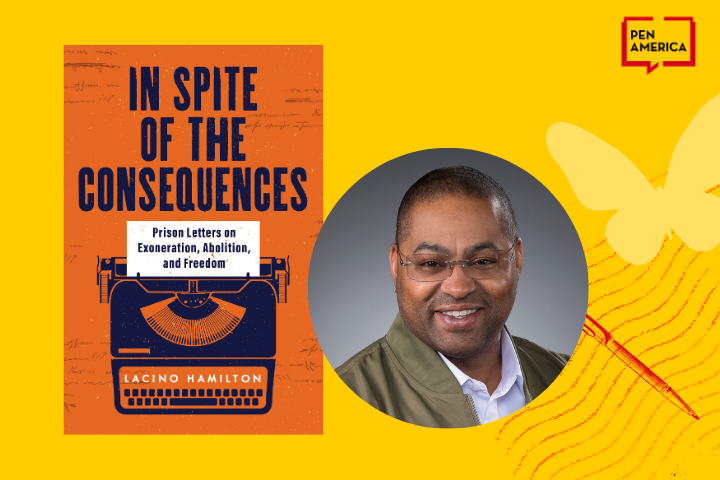
This month marks the three-year anniversary of the exoneration of Lacino Hamilton, who was falsely incarcerated for the murder of his foster mother at the age of 19. Sentenced to at least 50 years in prison, Hamilton spent 26 years maintaining his innocence and was exonerated by DNA evidence in September 2023. While in prison, Hamilton wrote countless letters advocating for his release and published widely on his experience of incarceration and injustice. A collection of those letters has recently been published as In Spite of the Consequences: Prison Letters on Exoneration, Abolition, and Freedom (Broadleaf Books, 2023), and includes Hamilton’s communications with family, friends, professors, journalists, lawyers, and international pen pals he has never met. More than dispelling the realities of life in prison, the book is an offering of Hamilton’s profound intellectual engagement with matters of justice and the carceral state.
In the latest episode of PEN America’s Works of Justice podcast, Prison and Justice Writing Program Assistant Jess Abolafia speaks with Hamilton on his journey as a writer and the intentionality of language in writing about incarceration.
Below is an excerpt from the transcript of the podcast.
Malcolm Tariq: We’re joined for this episode by Jennifer Baker, author of Forgive Me Not, which is out August 2023 this month with Nancy Polson Books. Jennifer, thank you so much for joining us. How are you doing?
Jennifer Baker: I’m good. So good to see your face. And just talk to you.
Malcolm Tariq: Yes, it’s so nice to meet you. After knowing each other for a few years.
Jennifer Baker: Yes, and if y’all haven’t read Heed the Hollow, please do after listening to this wonderful podcast.
Malcolm Tariq: Thank you. I was so excited to see that your book was coming out. And once I saw what it was about, I knew that I absolutely had to have you on the podcast for us to talk about it.
So, thank you so much for agreeing to be here. Would you like to give us a quick summary of the book?
Jennifer Baker: Oh absolutely. And thank you again. So, Forgive Me Not follows two biracial teenagers from Queens, New York, which I’m also from, and it does look at a form of quote, unquote “restorative justice,” and I say “quote, unquote” because as we talk you’ll see it’s not quite that.
Essentially, and unfortunately, Violetta, who is one of the central characters, gets into a drunk driving accident. She’s a teenager, 15, that unfortunately also her young sister dies in. Under the juvenile justice system in this world, which is, you know, very much parallel with ours, but skewed a bit, those who are considered the victims get to decide what happens. And so there are choices.
There is one you can forgive someone, in which case they can go home and go on a path towards healing. Or, you, they can be incarcerated for a determined amount of time. Or, they can do this thing called The Trials, which is a form of rehabilitation, as they call it. And where there are different categories of which you will be assigned tasks or jobs or assignments and whatnot to see where you’re at in terms of comprehending and understanding and, again, being rehabilitated. And you also follow Violetta’s older brother who’s also a teen, they go to the same high school, Vincent, and dealing with the family perspective of what that looks like on those who are making the decision. And he has his own things going on that he’s hiding and feeling a lot of guilt.
Malcolm Tariq: Thank you. Yes, this is such a rich story. So many turns. So many questions, actually, to think about and grapple with. I haven’t read a YA novel in a very long time, but I got so much out of it. It actually inspired me to go to the YA shelf the next time I’m at the bookstore to see what’s there.
So, I guess good way to start, can you tell us what inspired you to write this story?
Jennifer Baker: Yeah, it was a TV show. Ironically or not, but there was this TV show called Forgive or Forget, and it was a syndicated show. And there was a woman named Mother Love who hosted it. And essentially… do you remember it?
Malcolm Tariq: Yes. Yes, I remember it. I definitely remember this show.
Jennifer Baker: Yes, yes. And I’m sure you can find it on YouTube for those who don’t know. And essentially the premise of that show was if someone wanted to apologize for something awful, they would fly you out in front of a national, live audience to talk about what you did and to try and get forgiveness from whoever you hurt, harmed, etc.
And that person could choose to come and face you on TV, or they might come up on a screen and explain why they chose not to get on the plane. I just found that very, very intoxicating in a way of just like…Well, why would you think that’s the best way to…cause this was, it was like…you know, it’s like cheating, debt, you know? It was very Jerry Springer-esque in that way.
It was kind of like a judge jury, and then you had the Jerry Springer element of people like, “Ooh, I can’t believe you did that.” And so that was what started it all. And I said, well, what if this is how the justice system worked? What if this was how we did quote unquote “justice” of, well, someone either forgave you or they didn’t. And it was the person you had impacted.
And I mean, to an extent, our criminal justice system works in that way, but it does not either, you know. And technically I wanted to eliminate people and essentially it’s still a system that is in place. There is still very much a system in place and that can manipulate and make you think that this is a way to quote unquote “fix people.”
Sorry, I use quotes a lot.
Lacino Hamilton is a writer, thinker, and activist who was incarcerated for twenty-six years due to a wrongful conviction for which he was exonerated in September 2020. His essays on prison abolition have appeared in Truthout, The New Inquiry, PEN America, The Michigan Citizen, and the San Francisco Daily. He lives in Michigan.
Jess Abolafia is the Prison and Justice Writing Program Assistant at PEN America. She graduated summa cum laude with a BA in English and African-American Studies from The College of New Jersey, where she also received an MA in English. Abolafia has instructed a writing-workshop at the only women’s maximum-security prison in New Jersey, empowering incarcerated women to use writing as a tool of healing and liberation. She is also working on several book projects with system-impacted individuals, including co-editing the memoir of an incarcerated woman sentenced to life in prison as a teenager, and compiling the paintings, drawings, and poems of an artist who found freedom through his artwork during nearly four decades of incarceration, including eight years on Death Row.


